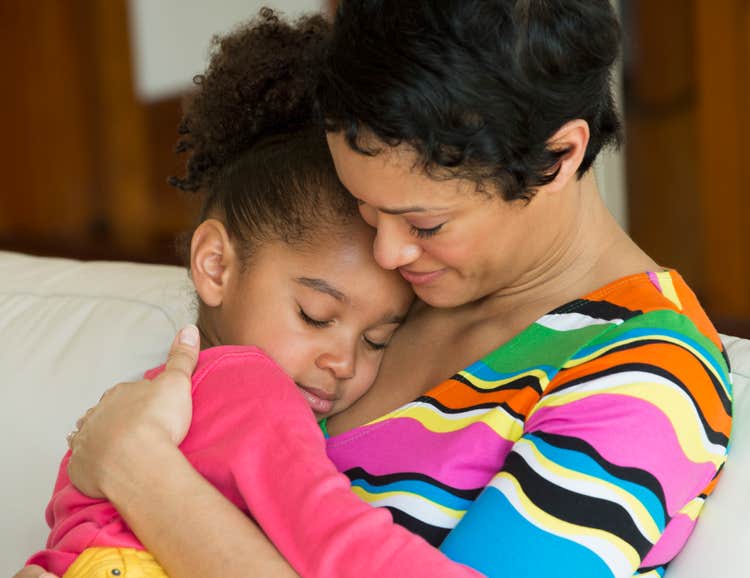RSV


Less well known than the flu or COVID-19, RSV is the most common cause of lower respiratory tract infections in young children worldwide.It also affects older adults or adults with underlying health conditions.
Unfortunately, RSV can be deadly. There is still no vaccine and few specific treatments available but most cases will clear up on their own in a few days.

RSV is a type of virus that, like the flu, spreads mostly in seasonal outbreaks and affects your lungs and breathing passages, with similar symptoms to a cold. There are two different types of RSV, and you can be infected more than once.
It’s very contagious, spreading through droplets when an infected person coughs or sneezes, or through direct contact, like kissing.People who don’t have symptoms can still spread it, and the virus can persist on surfaces like countertops, toys and doorknobs.It spreads especially quickly in schools, childcare centres and care homes.
What are the symptoms of RSV?
Mild symptoms usually appear a few days after infection, though healthy adults may not have any. However, some adults are at risk of severe and sometimes life-threatening infections, including older adults, those with asthma, congestive heart failure or chronic obstructive pulmonary disease, and people with immunodeficiency.
RSV symptoms are similar to the type you would typically get with a common cold:
- Stuffy or runny nose
- Sore throat
- Mild headache
- Cough
- Fever
- Babies tend to ‘bob’ their head forward while breathing in. They may also act fussy, cranky, have less energy or be less hungry than usual
Symptoms sometimes lead to a more severe infection, such as bronchiolitis or pneumonia. If you get the following symptoms, you need to see a doctor right away:
- Breathing faster than normal
- Skin around the ribs pulling in while breathing
- Cough that is getting worse
- Choking or vomiting due to strong coughing
- Wheezing
- Colour of skin changing to grey or blue
How common is RSV?
RSV is extremely common – in fact, by the time you reach your second birthday you’ve almost definitely had it at least once. It usually appears in specific ‘seasons’ – between autumn and spring, or in the rainy season.
Sadly, as infections are so common, RSV causes many deaths every year, especially in babies – it’s the second main cause of death in infancy worldwide. Almost all of these deaths are in developing countries.
Babies born around the start of the RSV season are more at risk of severe disease.Younger children (especially those under 6 months old, or with underlying conditions like heart or lung disease) are also at high risk.
In healthy elderly adults, RSV infections can occur in about 3-7% but up to 10% in high-risk adults.Elderly people (those over 65) and anyone with a weak immune system are considered to be at a higher risk.
Prevention
While it’s nearly impossible to completely avoid RSV, here are some tips that can help stop the spread:
- Wash your hands often
- Wipe hard surfaces with soap or disinfectant
- Don’t share cutlery or cups
- Avoid touching your face
- If you have symptoms of a cold, stay at home and avoid interacting with or kissing high-risk children
- Cover your mouth and nose if you cough or sneeze
- If you are at a higher risk (over 65, immunosuppressed) – consider wearing a face mask when in closed public spaces
- If possible, avoid taking high-risk children to childcare centres, especially during peak virus seasons
- Don’t smoke near your child
Vaccination and treatment
There is no vaccine that can help prevent RSV infection. The World Health Organization (WHO) has identified this as an important priority, and we now know more than ever about how the virus works.
A drug called palivizumab, a monclonal antibody therapy, is available in some countries for the prevention of severe RSV disease in certain infants and children who are at high risk for.
Most infections will usually resolve at home. If hospitalisation is needed, supportive care might include oxygen, and fluids given through a tube.
Caring for someone with RSV
There are things you can do to help someone who is unwell:
- Speak to a doctor or pharmacist about which medicines are suitable for managing fever or pain
- Make sure they drink enough fluids
- Monitor them closely for signs the infection is getting worse
Questions to ask your doctor
The list below includes example questions to help start a conversation with your health care provider. There may be other relevant questions based on your symptoms, stage, and medical history that are not listed here.
- Am I/is my child more at risk of a severe infection?
- Do you think it’s safe for my child to attend a nursery or childcare now?
- Is there anything else that could cause these symptoms?
- Is there anything that could help my child feel better when they’re sick?
- Do I need to take extra care around my child if I’m feeling unwell?
- …
Janssen & RSV
We know that there is a great unmet need when it comes to RSV, with no vaccine or specific treatment available yet. That’s why we are combining our passion with innovation to pursue multiple avenues from prevention to treatment, to reduce the serious harm caused by RSV infections.
With all the advances scientists have made in recent years, we hope that RSV will soon become a treatable disease.
Glossary
- Antiviral: A medicine that fights viruses in your body.
- High-risk children: Children who are more likely to have severe disease if they catch RSV. This includes very young babies and children with heart or lung problems.
- RSV season: A time of the year when RSV infections are more common.